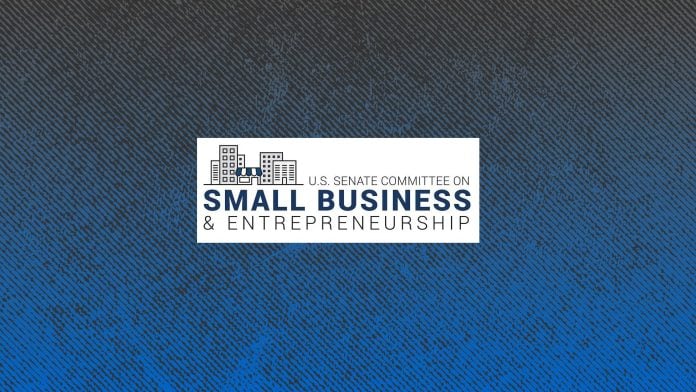A pivotal step toward enhancing the integrity of federal innovation funding has emerged from the U.S. Senate, particularly through the advocacy of Senator Joni Ernst (R-Iowa). The Pentagon’s endorsement of Ernst’s INNOVATE Act signals a turning point for small businesses across the nation, emphasizing the need for stringent protective measures against foreign threats, particularly from China.
The INNOVATE Act proposes crucial reforms to the Small Business Innovation Research (SBIR) and Small Business Technology Transfer (STTR) programs, aiming to fortify these initiatives against vulnerabilities that could undermine American technological advancements. Small business owners, innovators, and entrepreneurs should pay close attention to the implications of this legislation, as it could reshape the landscape of federal funding and innovation.
Recent evaluations from the Pentagon align with Ernst’s report which underscored significant loopholes in the current SBIR and STTR frameworks. These inadequacies have put American intellectual property at risk, prompting a call for standardized due diligence practices across government entities. The Pentagon’s Under Secretary for Research and Engineering, Emil Michael, remarked on the confusion stemming from inconsistent evaluation criteria, stating that “standardizing the definition of foreign risk would mitigate the discrepancies identified by this investigation.”
One of the highlights from Ernst’s report is startling. In a recent analysis, it was revealed that out of 835 flagged applications for SBIR-STTR funding, only 303 were denied due to foreign associations. This alarming statistic indicates a major gap in safeguarding taxpayer dollars and protecting sensitive technologies. Small business owners should recognize that these reforms could lead to an environment where funding is more responsibly allocated, directly benefiting U.S. innovation.
Senator Ernst pointed out the repercussions of failing to act. “Loopholes and a lack of a consistent due diligence standard across government are benefiting China on the taxpayer’s dime,” she expressed. “The INNOVATE Act creates strong and enforceable due diligence requirements to ensure that tax dollars are used to unleash the Golden Age in America and not subsidize research in Beijing.” This sentiment resonates deeply with small business owners who rely on these funding opportunities to drive their innovations forward.
However, while the potential benefits are significant, small business owners must also be wary of the practical applications and challenges that may arise from these reforms. The standardization process could demand more rigorous compliance protocols, which may initially increase administrative burdens for small businesses. Understanding the nuances of the new requirements will be crucial for business leaders to adapt effectively.
In addition, scrutiny from government agencies could intensify as a result of these reforms. Businesses seeking funding will likely need to prepare for more comprehensive documentation and justification of their foreign ties—if any—that could affect their funding eligibility. This shift may require small businesses to develop new strategies to navigate potential funding hurdles.
As small businesses represent the backbone of American innovation, the federal government’s proactive measures signify a commitment to protecting these enterprises from foreign threats. Moving forward, small business owners should stay informed about the developments surrounding the INNOVATE Act, as it continues to progress through legislative processes.
The recommendations emerging from this reform could very well shape the future of U.S. technology and intellectual property against foreign adversaries. For those who are keen on leveraging federal funding to catalyze their technological advancements, embracing the forthcoming changes could present new opportunities for growth while simultaneously safeguarding their innovations.
Understanding these dynamics will allow small business owners to better position themselves in an evolving environment focused on innovation and national security. For a deeper insight into how these changes will unfold, the original press release offers further context and information here.
Image Via BizSugar



